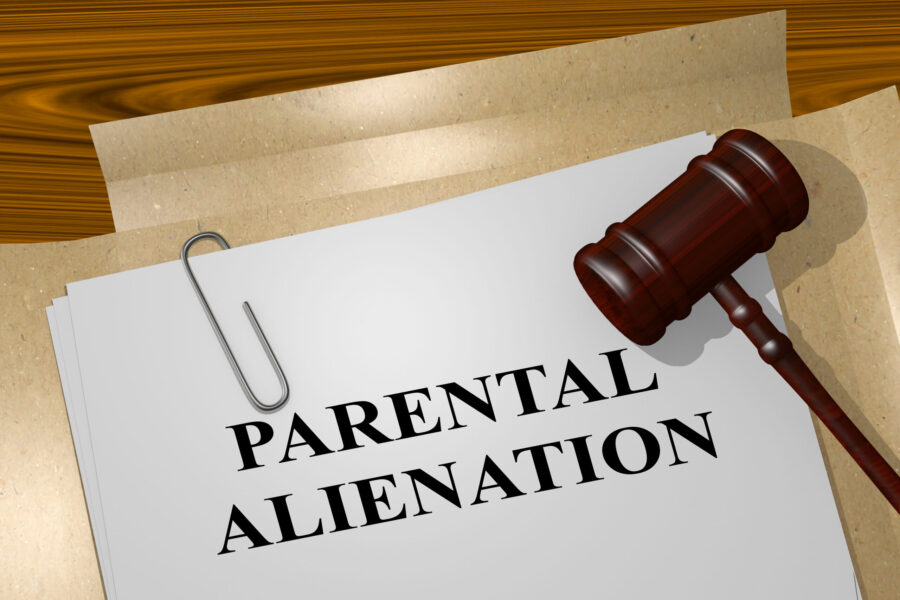
Understanding and Preventing Parental Alienation
There is a reason why parental alienation is considered a form of emotional abuse of a child. It has real and devastating consequences beyond poisoning their relationship with the targeted parent. It is crucial to recognize signs that parental alienation is occurring and take steps to prevent it. If you are unable to put a stop to parental alienation, you may need to take action in court.
What Is Parental Alienation?
Parental alienation occurs when one parent displays unrelenting negativity towards the other with the intent of causing the child to reject the other parent. The child will identify with the alienating parent, and they will turn against the parent who is the target. Parental alienation causes long-term damage to children because it undermines their ability to engage in healthy relationships. It can take years to undo the damage that is caused by parental alienation.
Secure a Parenting Agreement and Follow it Closely
While you cannot control what the other parent does, you can do everything within your own power to spend as much time as possible with your children. It would begin by securing a shared parenting agreement that allows you to see your children often and spend quality time with them.
Then, you should ensure that you follow the parenting plan to the fullest extent possible. When your children see you on a regular basis, they will hopefully be able to form their own opinion about you based on what they see themselves.
Be on the Lookout for Signs of Parental Alienation
You should always be vigilant for signs of parental alienation, that can include:
- There is persistent rejection or denigration of the parent by the child – not just an occasional episode.
- The rejection is irrational (i.e. Alienation is not a reasonable response to the alienated parent’s behaviour).
- The child tends to demonstrate no ambivalent feelings.
- The child tends to use language strikingly similar to the alienating parent. Often, such language will be age inappropriate for that child.
- The child aligns unconditionally with the alienating parent.
- The child fails to display any guilt or sensitivity to the alienated parent’s feelings. Gifts are often rejected.
- The alienating parent successfully spreads the animosity not just to the other parent, but also to his family, friends, etc.
If you notice signs of parental alienation, you should speak with professionals to help devise a plan to deal with it and potentially repair the damage.
What Can I Do?
If you and your child suffer from parental alienation, you should employ the services of a health professional familiar with parental alienation. How you as the target parent deal with the situation could play a crucial role in determining the ultimate outcome in your family conflict. The most important thing the target parent must do is maintain contact with the child(ren). Beyond that, in “Divorce Poison”, Dr. Warshak gives the following general advice on how to increase the chances of reversing a case of alienation:
- Don’t lose your tempter, act too aggressive, or harshly criticize your children.
- Don’t counter-reject your children by telling them that if they don’t want to see you, you don’t want to see them.
- Don’t allow the children and your ex to dictate the terms of your contact with them. Don’t wait patiently until the children feel “the time is right” for them to see you. Alienated parents learn too late that the time is never right.
- Don’t spend your time with the children trying to talk them out of their negative attitudes. Engage in conflict-free, pleasurable interaction instead.
- Don’t dismiss the children’s feelings or tell them that they’re not really angry or afraid of you. Although this may be true, the children will merely feel that you don’t understand them.
- Don’t accuse the children of merely repeating what the other parent has told them. Again, although this may be true, the children will vehemently deny it and feel attacked by you.
- Don’t bad-mouth your ex.
Get Legal Help from a Lawyer
You should speak with an Ontario family law lawyer. Parental alienation is an action that should be forbidden under the Divorce Act because it is against the requirement to act in the child’s best interests. There may be severe consequences if the court has found that one parent has engaged in alienation.
Contact an Ontario Family Law Lawyer Today
If you are experiencing issues such as parental alienation, reach out to the Gene C. Colman Family Law Centre to learn more about your legal options. Call us today at 1-888-389-3099 to schedule a comprehensive initial consultation where we will discuss your legal issues and options.




